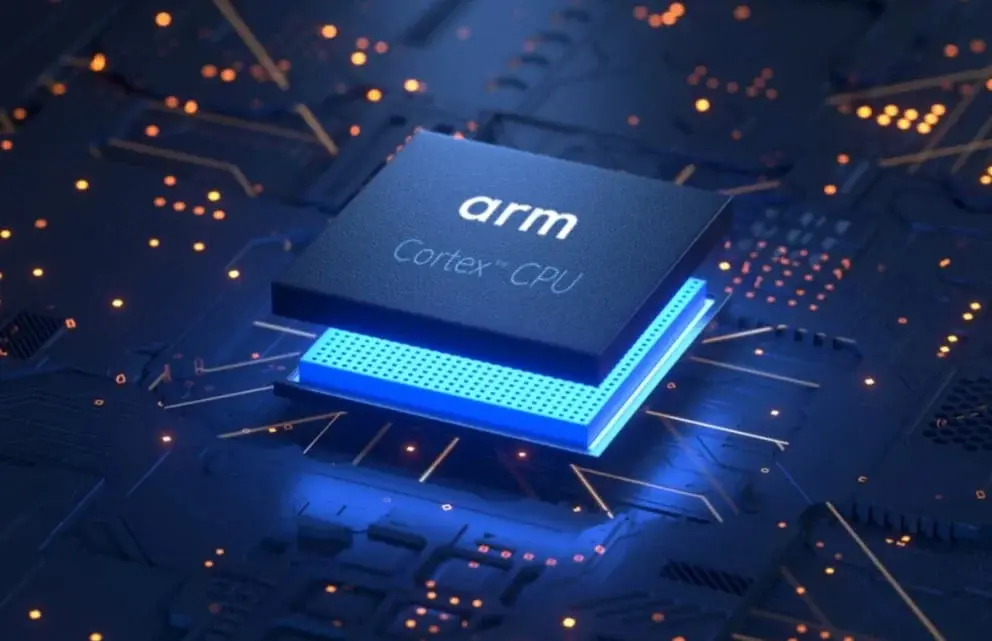Arm Holdings is working towards deploying 100 billion Arm devices by 2025. This is part of a larger plan to secure a significant position in the fast-growing AI chip market, which is expected to expand from $30 billion in 2024 to more than $200 billion by 2032.
Establishing a Dedicated AI Chip Division
To reach this goal, Arm will create a dedicated AI chip division. This new division plans to produce prototypes by spring 2025 and start mass production by fall of the same year. Manufacturing will be handled by contract manufacturers, potentially including Taiwan Semiconductor Manufacturing Corp (TSMC) among others. The development costs for these AI chips are anticipated to be in the hundreds of billions of yen, supported financially by Arm and SoftBank.
Strategically, there is a potential for the AI chip business to be spun off and integrated under SoftBank once mass production begins. This aligns with SoftBank CEO Masayoshi Son's vision of transforming SoftBank into an AI powerhouse. Son has allocated $64 billion to drive innovation in sectors such as data centers, robotics, and power generation. He aims to integrate AI, semiconductor, and robotics technologies to revolutionize industries like shipping, pharmaceuticals, finance, manufacturing, and logistics.
New AI Chip Designs and Collaborations
At the Computex forum in Taipei, Arm reiterated its goal of achieving 100 billion Arm devices globally by the end of 2025, focusing on AI-ready devices. Arm also introduced new AI chip designs and software tools intended to enhance AI capabilities in smartphones. These new designs are expected to boost compute and graphics performance by over 30% and speed up AI inference by 59% for machine learning and computer vision tasks.
Arm’s strategy now includes providing ready-for-manufacturing blueprints, a significant change from their previous approach of offering abstract designs. This shift is designed to speed up the development process for partners like Samsung and TSMC. Samsung is already collaborating with Arm on 3nm process technology to meet the increasing demand for generative AI in mobile devices. TSMC is working with Arm to improve AI performance and efficiency through their Open Innovation Platform ecosystem.
Enabling Customers
Through these initiatives, Arm aims to position itself not as a competitor but as an enabler, assisting its customers in bringing AI-driven chips and devices to market more quickly. Chris Bergey, Arm’s General Manager, outlined the company's vision of combining a platform for tightly coupled accelerators with customer Neural Processing Units (NPUs) to accelerate the development of powerful AI chips and devices.
As Arm progresses with its plans, it aims to capture a significant portion of the burgeoning AI chip market, filling the gap currently dominated by Nvidia. The company’s focus on AI chip development is a crucial component of SoftBank’s broader strategy to lead the AI revolution and transform various industries through advanced technology.


Leave a Reply